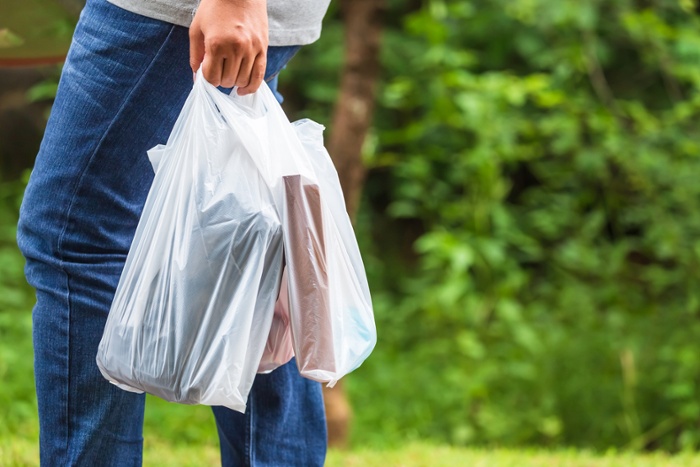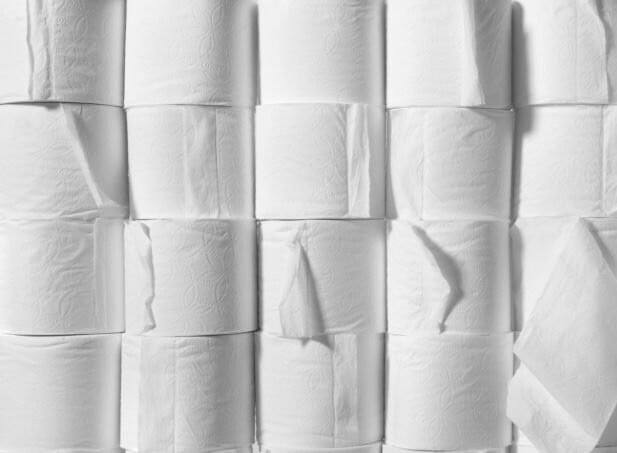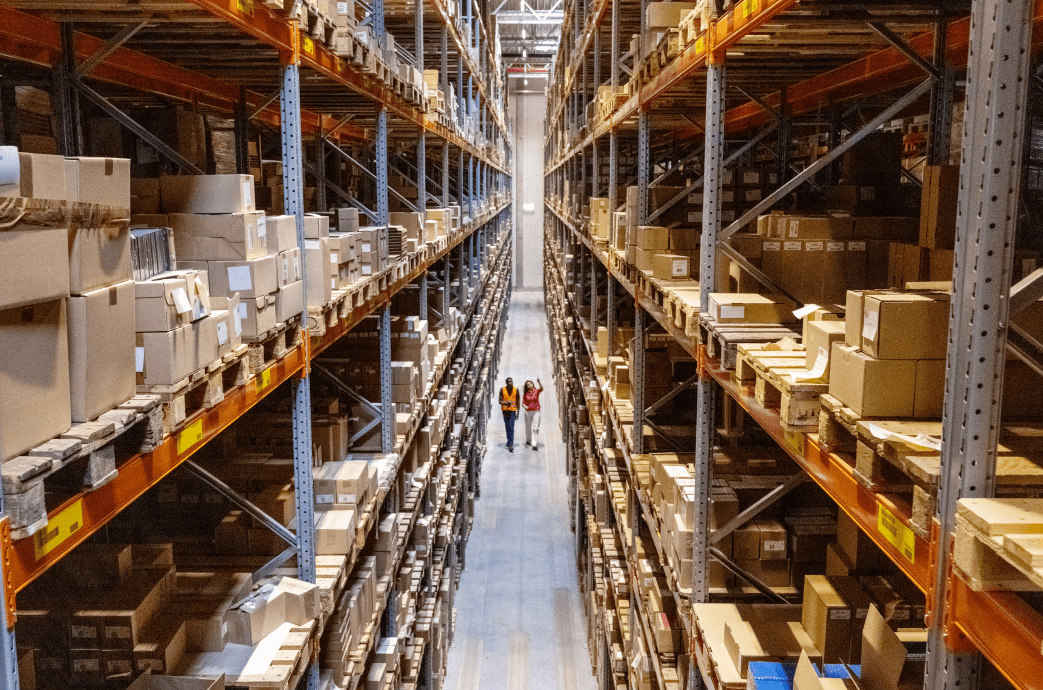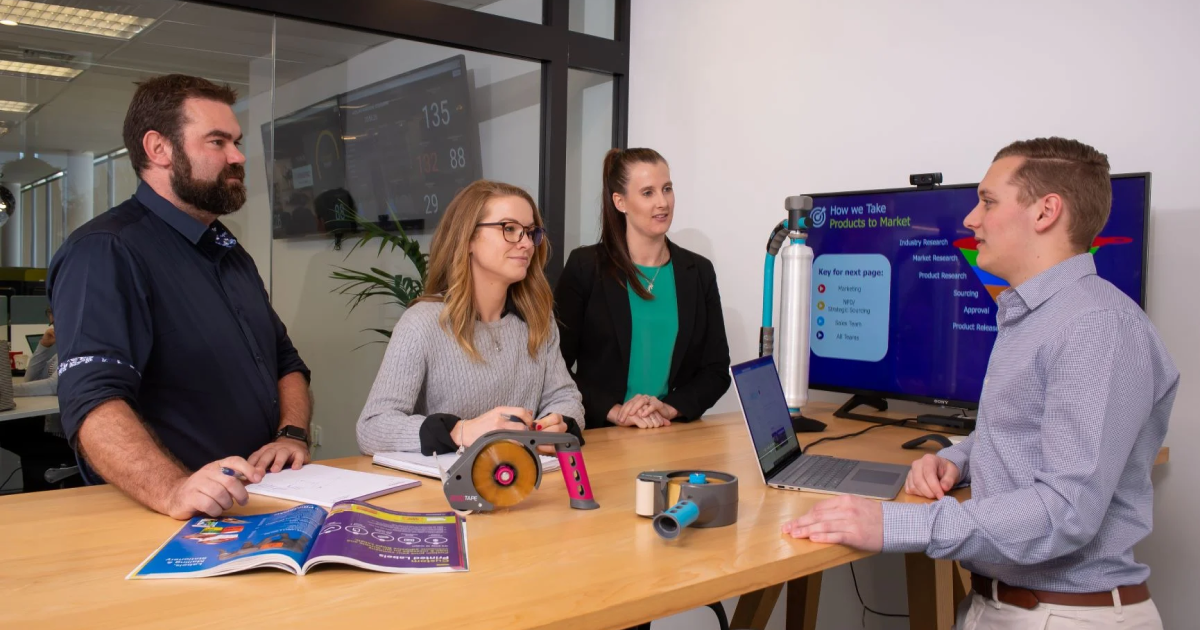
As a business owner, you may have heard of the plastic bag ban set to sweep across New Zealand in 2019. Some retailers have already made the move to ban single-use plastic bags, but for other businesses the transition may not seem so simple. It's important that you understand the rules of the new regulation before making changes, to ensure you are making the right changes.
In this blog we cover some common questions regarding the plastic bag ban, and provide some extra resources for you to find out more information specific to your situation.
When does the plastic bag ban start?
As of July 1st 2019 retailers will no longer be able to sell or give away single-use plastic shopping bags.
Why are plastic bags being banned?
Single-use plastic shopping bags are persistent, mostly non-biodegradable, accumulate over time in the natural environment, and travel easily to our coasts and oceans through stormwater pipes, rivers, and by wind. These have been chosen as a starting point to reducing overall plastic waste in NZ. They are also an item that can be very easily replaced by sustainable alternatives.
A survey of nearly 10,000 NZ residents and companies revealed that 92% supported a nation-wide phase out of single-use plastic bags.
Do plastic bag bans actually work?
Bans in Australia have showed a reduction of approx. 43% in plastic litter, and 76% of shoppers now bring their own reusable bags to the supermarket instead of purchasing other plastic bags.
Does the ban include all plastic bags?
No. All new plastic shopping bags with handles that are made of plastic up to 70 microns in thickness will be banned. This includes light-weight supermarket bags, heavier boutique-style shopping bags and the "emergency" bags currently offered by some supermarkets as an alternative to a free single-use bag.
Bags not included in the ban are listed below:
- Bags without handles including light-weight ‘barrier bags’ (eg, bags without handles used for containing meat and/or produce)
- Bin liners
- Bags for pet waste
- Bags that form an integral part of a product’s packaging (eg, sealed pouches with handles)
- Bags made from bio-based materials that have not been converted to plastic (eg, cotton, jute, hemp, paper, flax)
- Long-life multi-use shopping bags made from synthetic fabric between 45 and 70 microns in thickness. These are bags that are made of plastic between 45 and 70 microns in thickness and that are either: constructed from nylon, polypropylene or polyester fabric (whether woven or non-woven) and designed to be multi-use, or, certified by an entity with the prescribed accreditation as capable of carrying 5 kg over a distance of 100 m for a minimum of 55 uses.
What about compostable or degradable shopping bags?
Degradable (ie. biodegradable, compostable and oxy-degradable) shopping bags that are less than 70 microns thick will be included in the ban. This is due to a lack of standards in NZ to ensure imported products are what they say they are and a lack of facilities in New Zealand to process these products.
What about reusable plastic shopping bags?
Reusable plastic shopping bags must be over 70 microns thick to be considered not single-use. These types of plastic shopping bags can be sold and distributed by retailers.
What can I use instead of plastic bags?
Alternatives to single-use plastic shopping bags include long-life reusable bags in heavier-duty plastic (over 70 microns thick), paper bags, composite bags of hessian with other materials, and long-lasting bags made of lightweight nylon, cotton, recycled fabric or jute. Retailers can also offer cardboard boxes to shoppers if they choose.
Shoppers can also bring their own wheeled trolley bags, backpacks and home-made bags.
Can I have my logo or brand message printed on alternative bags?
In most cases you can have your logo or brand message printed on other bag materials, and water based inks can be used if you'd like an environmentally friendly option. It is best to discuss your needs with your supplier to find out the options they can offer you.
Primepac can custom print bags to suit your company's branding or messaging. You can find out more about this service here.
Can I put compostable or degradable bags in my council compost bins?
No, it’s best to just put them in your rubbish bin to go to landfill. You can put most compostable bags in your home compost bin, just take note of how long they take to break down. Compostable and degradable bags can cause problems for city compost systems as not all of them break down as fast as other organic waste.
You can find out more about your local composting facilities here.
What if I have excess plastic bags once the ban comes into play?
You will have the six month transition period to use up existing stock before the regulations take effect.
It is recommended that businesses start phasing out single-use plastic bags now to reduce the amount of waste left over. Consider how your business can use alternative bag materials to offer shoppers, and also consider other ways you can reduce waste in your business.
What impact will the ban have on local manufacturing facilities?
Single-use plastic shopping bags under 35 microns are imported, so phasing them out is unlikely to have a local business or employment impact related to plastic bag manufacturing.
Some paper and heavier-weight bags (plastic bags between 35 and 70 microns) are manufactured here, so there could be an effect on companies depending on their product range and the bag thickness chosen for a phase out. Multiple-use bags that require some manual construction (eg, polypropylene, jute, cotton) are primarily produced overseas.
The Soft Plastic Recycling scheme in NZ aims to collect and recycle soft plastics that can't currently be processed by existing council systems, so that they don’t end up in landfill.
Want to find out more about why creating an eco-friendly business is a great decision? Download the infographic here.






.png)

